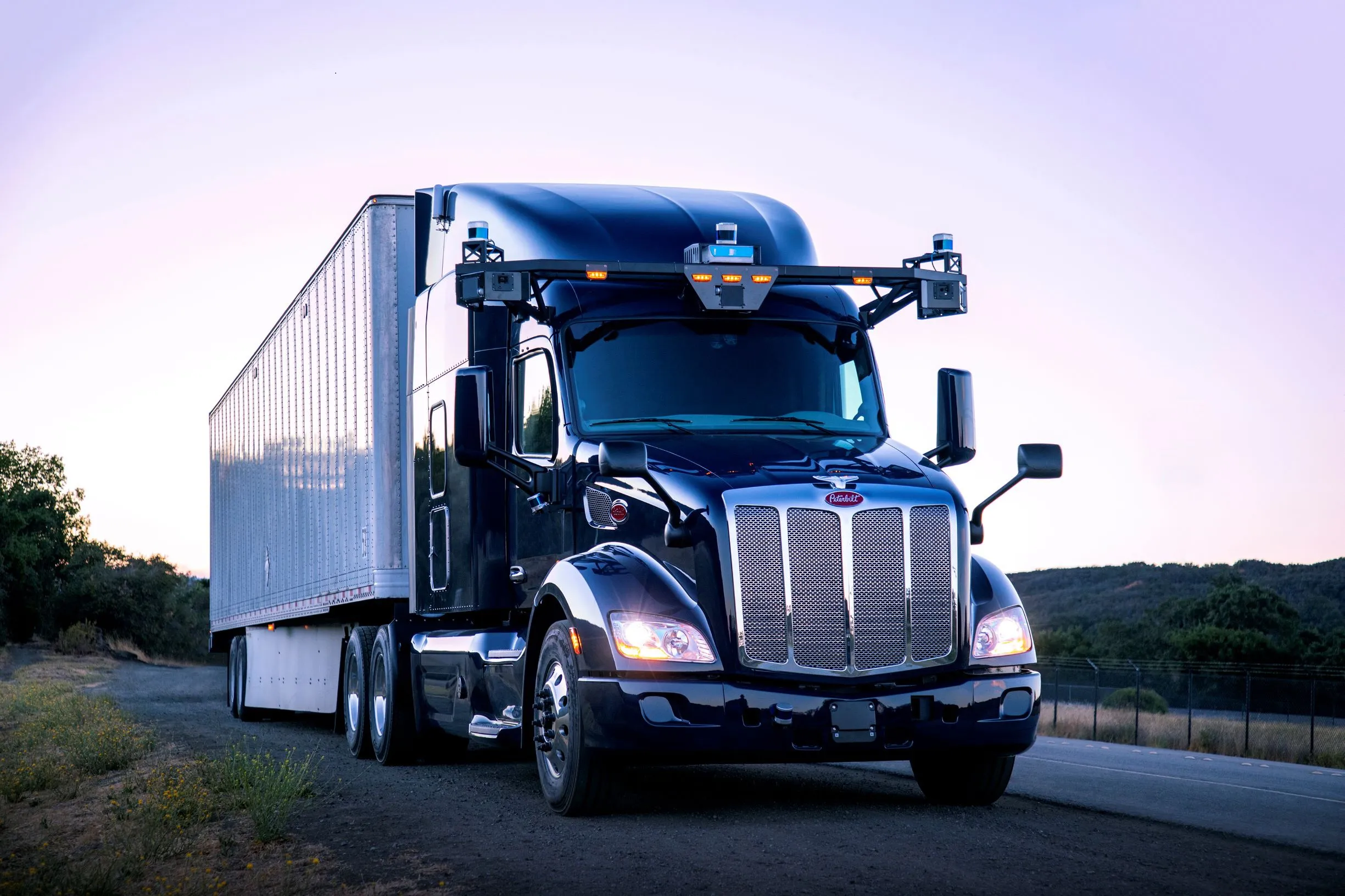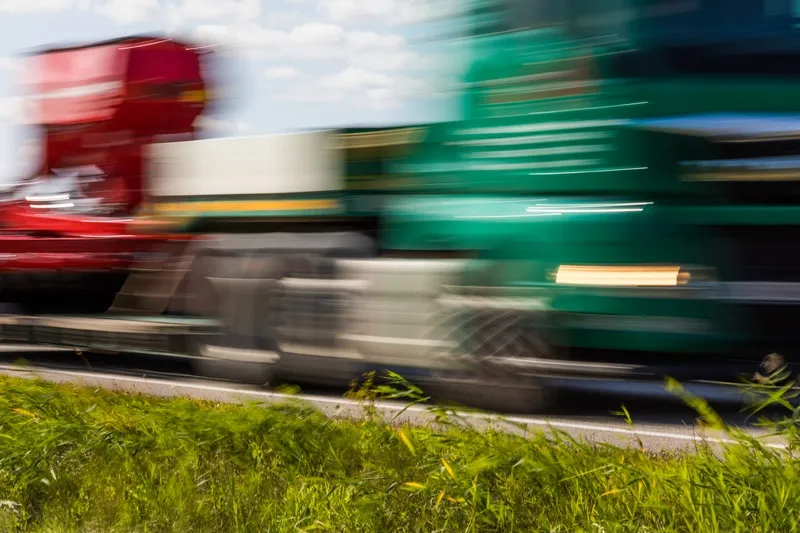
Weigh in Motion (WiM) specialist Intercomp has begun targeting some of its weight and balance products at the driverless trucking sector, recommending several scale lines for measuring autonomous trucks, including the LS630-WIM portable WiM Scale hybrid system.
Intercomp also says its P788 Low Profile Scale features the same benefits as standard portable truck scales, with a lower overall height, making it easier to drive onto the scale.
The in-ground LS-WIM Low-Speed WiM Axle Scale saves operators time by keeping traffic moving while accurately capturing weight-related data, the manufacturer says.
Finally, the LTR788 Dual Wheel Load Scale is a recently-developed product created for direct measurement of individual tyre loading in a dual-tyre configuration.
Intercomp adds that it utilises highly accurate strain gauge load sensing technology "which is widely accepted as the most accurate and reliable means to weigh a vehicle".









